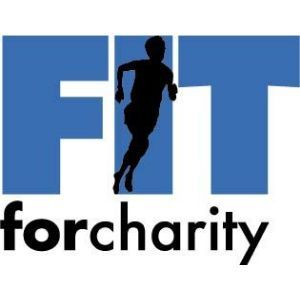NPO Social Development Japan
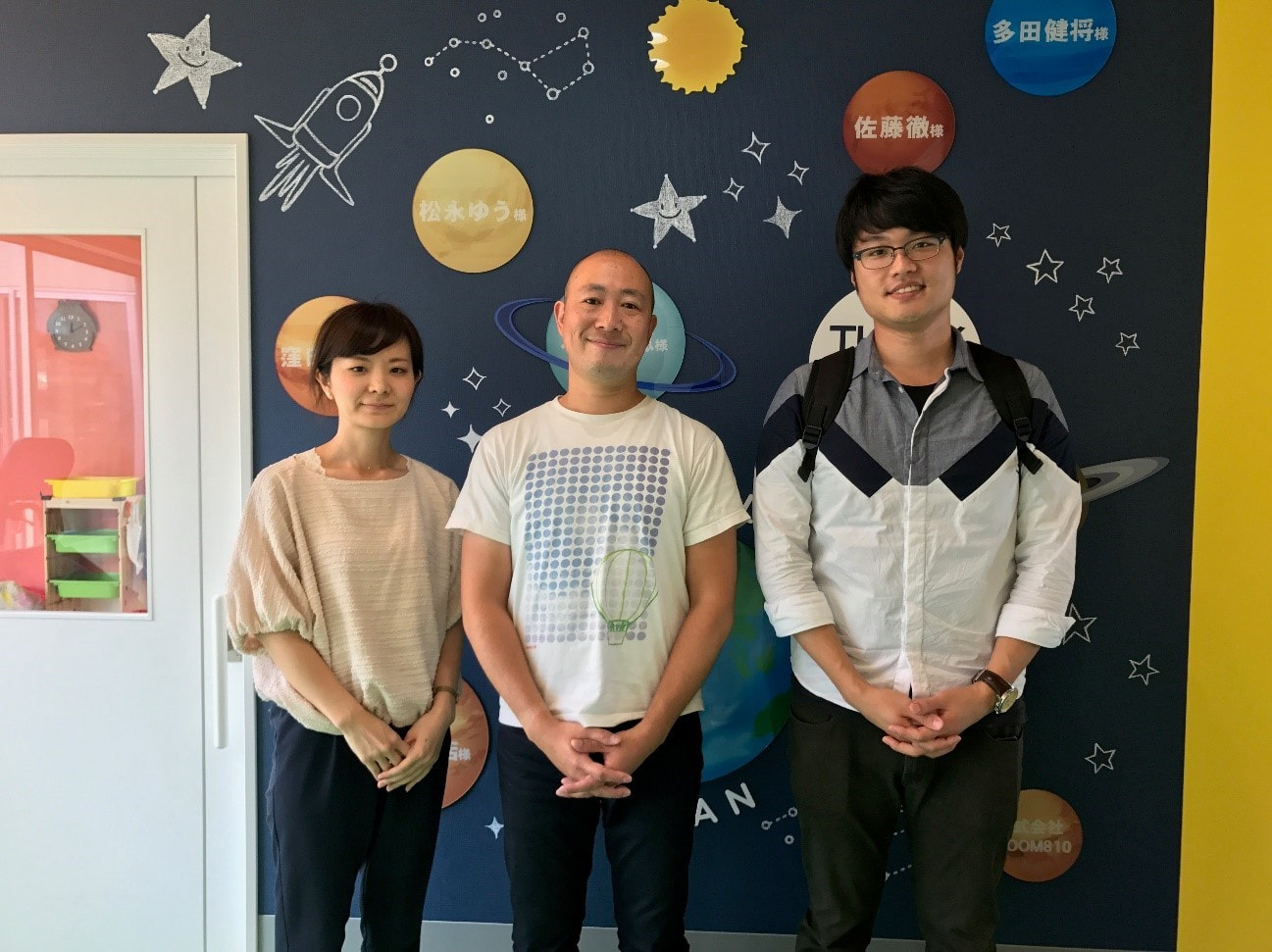
NPO Social Development Japan’s Executive Representative, Mr. Koji Yabe (middle), joined by members of FIT For Charity, Mihoko Soeda (left) and Tae Ahn (right)
NPO Social Development Japan (“SDJ”) is one of the charity organisations supported by FIT For Charity in 2016, and operates a special care facility called FLAP-YARD for children with severe disabilities and their families. Their mission is to provide an environment where disabled children can grow up around others in their community just like children in other kindergartens, to let children be children. Members of FIT For Charity asked the SDJ executive representative and the head of the care facility, Mr. Koji Yabe, to share his story.
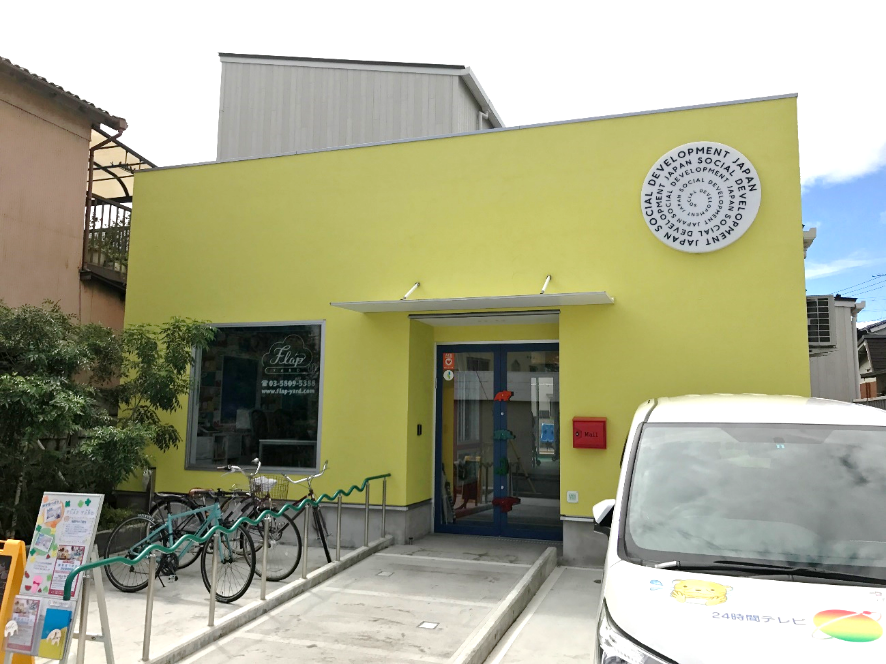
NPO SDJ Special Care Facility “FLAP-YARD”
FIT: What was the occasion that motivated you to create Social Development Japan?
Yabe: Before working in welfare, I used to work as a sales clerk at a general store. I would often work to save up enough money and go traveling. Once, I had saved up enough money to go on a long trip to Europe. It was there that, by chance, I spotted a special care facility for disabled children in the UK. I asked if I could start working at the facility as a volunteer. Due to language barrier there were many twists and turns before I was accepted to the facility, but eventually I was able to start volunteering and helping with the children. After working at the special care facility in the UK for half a year, I returned to Japan determined to start my career in welfare by opening my own special care facility for children.
FIT: What were some of the things you felt or experienced differently in the UK compared to Japan?
Yabe: In the UK, disabled people speak their mind freely. I feel that in Japan there is a tendency for disabled people to be constantly surrounded by adults, so they are often discouraged from speaking their mind. On the other hand, in the UK talk is of wanting to love, about wanting living on their own, and whatever is on their minds. Besides from necessary medical care, there is no special treatment – meaning that disabled people carry on their daily lives within communities throughout the country. During my time in the UK I experienced a society where people without a background or training in welfare or disability interacted and lived amongst disabled people.
FIT: What was the biggest hurdle in setting up Social Development Japan?
Yabe: The biggest hurdle has been gaining understanding from non-disabled people. For instance, we often reach out to other kindergartens and ask if they would be interested in creating opportunities for children to mingle and interact with each other. However, due to negative opinions of kindergarten staff or parents with non-disabled children, we sometimes get turned down. Some of them ask us questions such as “what if the disability spreads to my child?” or “how would it benefit my child to interact with a disabled child?“. The level of understanding and knowledge about disabled people is still lacking in Japan. Communication between us and the and the non-disabled community is largely one way, initiated by us. It would be ideal if both sides made an effort to approach each other, but the reality is that many people still have a biased and closed opinion toward disabled people. Therefore, we need to keep reaching out to them.
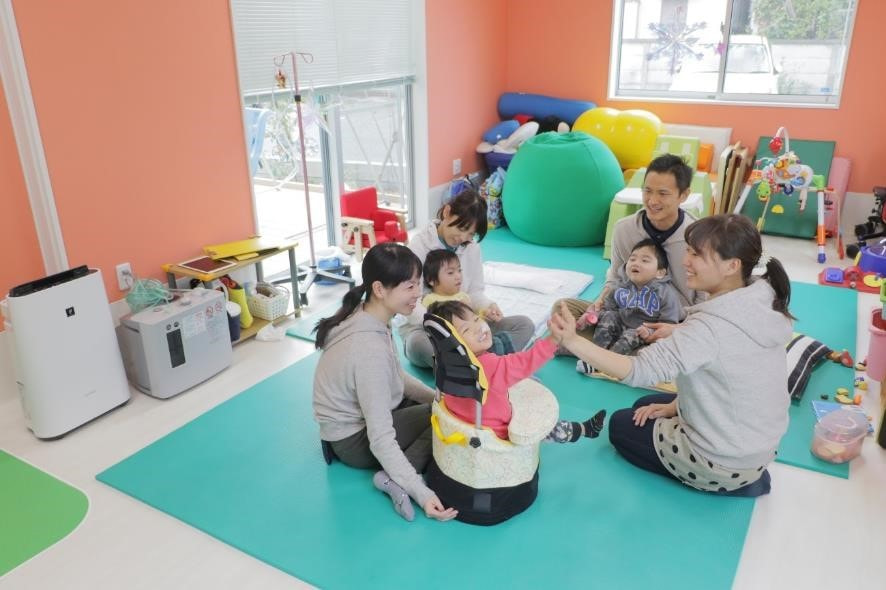
FIT: Do you collaborate with other organisations?
Yabe: We host joint sports meets with other kindergartens. The goal is to provide an opportunity for our children to interact and grow up among other children. Among the disabled children with more developed cognitive functions, increased opportunities to interact with non-disabled children results in drastically improved physical development. For example, we had a bedridden 1 year old child who once reached out his hands with the desire to imitate the same things that other non-disabled kids do. The child realised how useful hands were and afterwards we could observe a significant improvement in the child’s physical abilities. We had expected the child would start crawling by the age of five, but instead beat everyone’s expectation by being able to walk by the age of four. It was a painful realization for me that adults should not underestimate a child’s potential. It was a rewarding moment that blew all the stress away, and made me realise how valuable my work was.
Yabe: In hospitals, uniforms determine who provides care apart from those who receive the care. However outside of hospitals it is not so clear. It is a close give-and-take relationship between a parent and a child, accompanying each other in their daily lives. In a family with a disabled child, their non-disabled siblings are also affected. Growing up, the non-disabled siblings may feel neglected by their parents since most of the attention is devoted to the disabled child. In some cases, the siblings fake a disability to attract the parents’ attention. It is not only the disabled children that need the care, but their siblings who also require our attention. Our facility is open on weekends as well, so I hope that our clients can make use of it to spend time with all their children.
FIT: Please tell us about what kind of emotions the parents that use your facility experience.
Yabe: Parents, especially mothers, personally feel responsible and blame themselves for their children being born with a disability. One side-effect of the great advance in medical treatment and technology, is that sometimes we can now determine the child’s disability was caused by something in the mother’s body during pregnancy. It is common for parents to never be able to fully accept their children’s disability and despite listening to explanation of the disability from the doctor, many parents still wake every morning hoping to see their child come running in, smile on their face with no disability. I know that disabilities cannot be healed like an illness, however my clients often talk about their children not being able to walk “yet” or not being able to talk “yet”. You can tell how big of a hurdle it is to fully accept one’s own child’s disability from their manner of speech.
FIT: What are your personal goals?
Yabe: I want to transform our society into one where kids can grow up amongst other kids regardless of their disabilities. In both kindergartens and elementary schools, children should be able to choose where they want to attend. Disabled children and their family should also be able to choose their lifestyle, and their choices respected by the society. In the end, I hope for a society where a job like mine is no longer needed.
Yabe: For those with a speech disability, having a conversation is difficult for anyone who listens to them for the first time. However, the family members can understand every word and phrase. You could say that is our hearing disability. Rather than labeling it “disability,” our society must accept each person’s “unique characteristic.” Rather than expecting those with disabilities to adapt to our way of life, it is much faster for us to adapt to theirs.
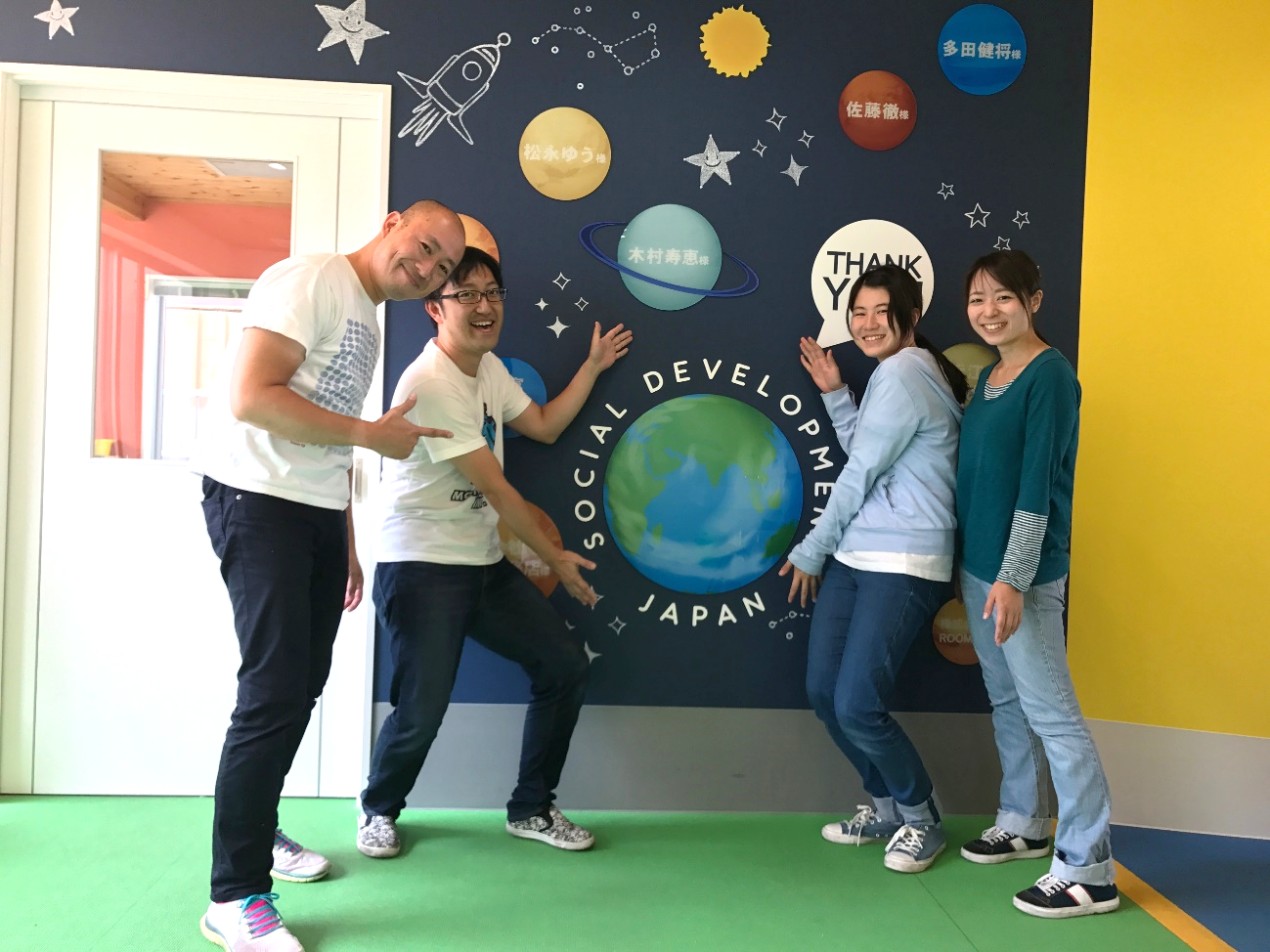
(From the left) SDJ Executive Representative Koji Yabe and staff members Mr. Hoshikawa, Ms. Ootaka, and Ms. Hirayama
